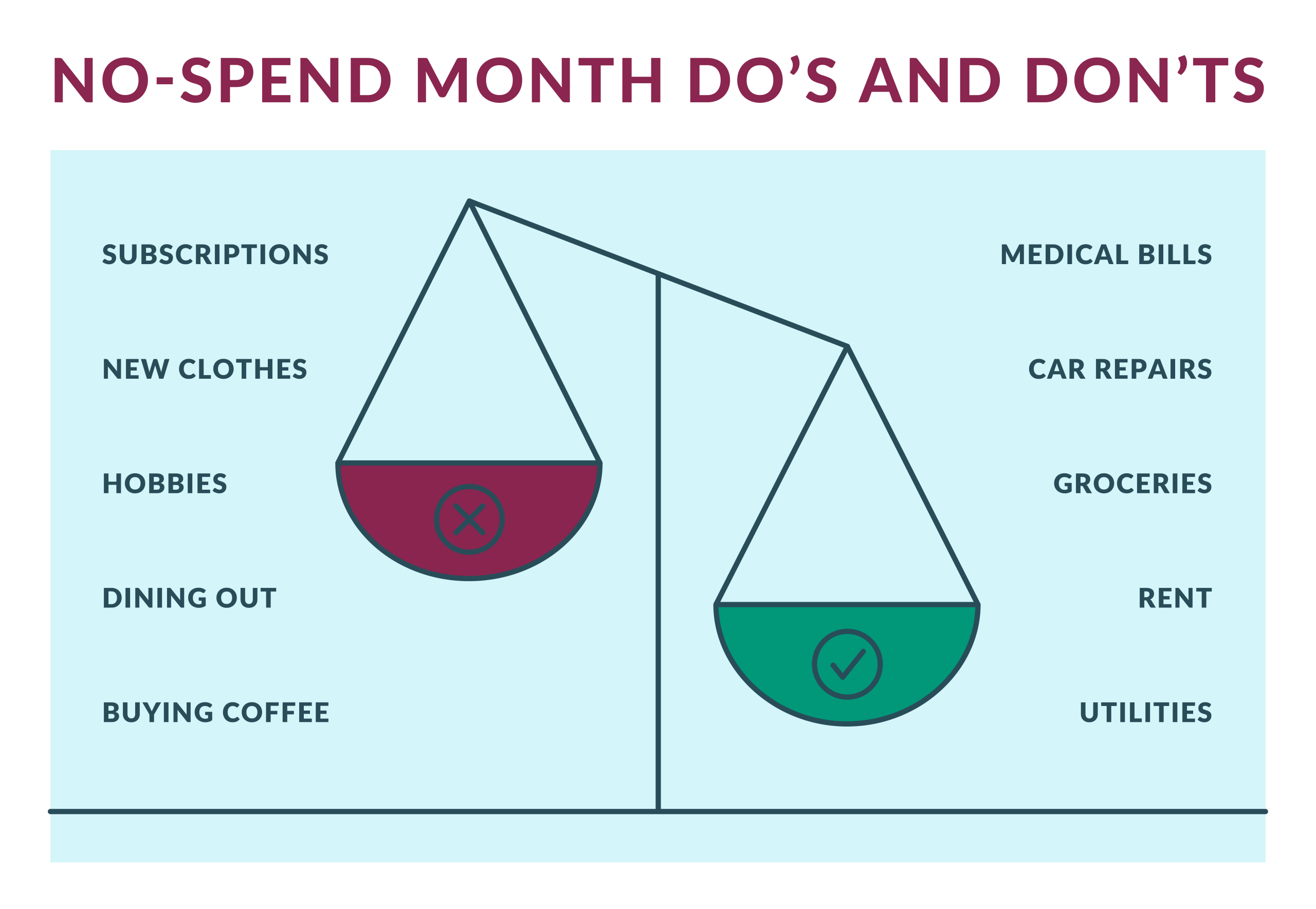Anúncios
Have you ever stopped to think about the importance of understanding and controlling your personal finances? If not, stay with us and start your journey into this knowledge!
Imagine being able to achieve life goals, whether it’s buying your dream home, traveling the world, or ensuring a comfortable retirement.
All of this is possible with efficient financial management. In this complete and didactic guide, we will show you the main components of personal finances and how they can transform your financial life, providing security, independence, and a better quality of life.
Come discover how to take the first step towards your financial stability!
What are personal finances?
Personal finances are nothing more than the management of an individual’s or family’s financial activities, including budgeting, saving, investing, and planning for the future.
These activities encompass various financial decisions and strategies that help people achieve their economic goals throughout life and ensure their financial well-being.
The importance of personal finances in daily life
But after all, why are personal finances so important to be carefully analyzed? Personal finances are essential for several reasons.
Impacting all decisions you make regarding money, understanding and applying basic personal finance tips can help achieve financial stability, reduce stress, and build a secure future for you and your family.
Whether through budgeting, saving, investing, or retirement planning, taking control of your financial situation is key to leading a balanced and prosperous life.
Check out the main areas of personal finances
When we talk about personal finances, we must clarify that central points of this economic matter in someone’s life are:
- Income: Manage your income by understanding and organizing your sources of revenue, such as salaries, bonuses, investments, and other earnings.
- Expenses: Monitor and control how your money is spent, ensuring you cover essential expenses and avoid unnecessary spending.
- Investments: Allocating money into various investment vehicles, such as stocks, bonds, mutual funds, and real estate, is an option to increase wealth over time.
- Protection: Protect yourself and your assets against risks by purchasing appropriate insurance policies (e.g., health, life, automobile, home).
- Savings: Set aside a portion of your income for future needs, emergencies, or specific goals, such as buying a house or financing education.
Tips for keeping your personal finances in order
Be fully aware of your earnings and ensure that your lifestyle and expenses align with your income. Create a plan for how this income will be spent and saved.
Actively work to reduce your debts, prioritizing those with high-interest rates and avoiding unnecessary loans. Manage and reduce excessive expenses, such as credit card debts, student loans, mortgages, and other types of loans.
Set aside a portion of your income for future needs, emergencies, or specific goals, such as buying a house or financing education.
Protecting yourself and your assets against risks by purchasing appropriate insurance policies (e.g., health, life, automobile, home) is very important.
Create a budget that outlines your income and expenses, helping you manage your money more effectively and avoid overspending.
Prepare for your financial needs during retirement through savings plans, pensions, and investments. Have strategies to minimize tax liabilities and maximize tax benefits. Organize your economic affairs to manage and distribute your assets effectively.
Benefits of personal finance planning
Proper personal finance management ensures that you have enough resources to meet your needs and handle unexpected expenses without falling into debt.
Good financial habits help you avoid unnecessary debt and the high-interest rates associated with them, which can harm your financial stability.
Effective financial planning allows you to set and achieve short- and long-term financial goals, such as buying a house, starting a business, or traveling.
Therefore, managing your finances well reduces financial stress and anxiety, leading to better overall mental and physical health.
Retirement planning ensures that you have enough savings and investments to maintain your desired lifestyle after you stop working.
Having control over your finances allows you to enjoy life more, seize opportunities, and make informed decisions about your future.
Solid financial management leads to greater independence, allowing you to support yourself without relying on others.
Effective personal finance management includes planning for the future of your dependents and ensuring that your assets are distributed according to your wishes.
Finally, mastering personal finances is not just a skill but a journey towards financial freedom and peace of mind.
By implementing the practices and strategies proposed in our content, you will be building a stronger foundation for a prosperous and secure future.
Remember, the control of your finances can be in your hands. With planning, discipline, and a little knowledge on the subject, you can achieve your goals and live the life you’ve always dreamed of.
Start transforming your relationship with money today and reap the rewards of a healthy and balanced financial future! Continue exploring the site for more interesting information for you.






